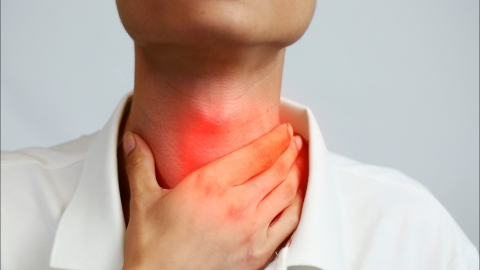Is shortness of breath caused by aging lungs?
Generally speaking, whether shortness of breath is caused by lung aging needs to be determined based on specific circumstances. If the degree of lung aging is significant, it may lead to shortness of breath; if the aging is mild or non-existent, shortness of breath typically does not occur as a result. Detailed analysis is as follows:

If the degree of lung aging is significant, decreased elasticity of the alveoli and weakened respiratory muscle strength can reduce the lungs' ability to ventilate and exchange gases, leading to insufficient oxygen intake and causing shortness of breath, particularly noticeable after physical activity. In such cases, the connection between shortness of breath and lung aging is relatively direct.
When lung aging is mild and lung function is not significantly affected, or when shortness of breath is caused by other factors such as asthma, pneumonia, or heart disease, it is usually unrelated to lung aging. These conditions can cause shortness of breath by blocking airways, affecting gas exchange, or increasing the burden on the heart and lungs.
To reduce the occurrence of shortness of breath, it is recommended to regularly engage in moderate aerobic exercise, such as walking or jogging, to enhance lung function and respiratory muscle strength. At the same time, avoid smoking and prolonged exposure to air-polluted environments to protect lung health. If frequent or severe shortness of breath occurs, the underlying cause should be promptly identified and appropriate measures taken.





